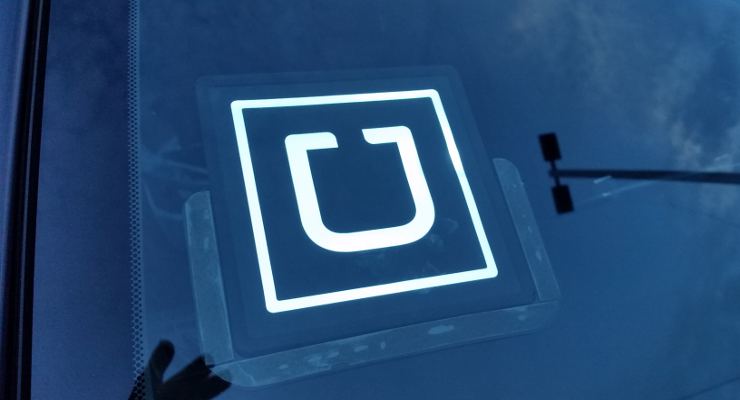
Uber, Lyft and Taxi drivers are part of the largest segment of on-demand workers at the highest risk of workplace violence and getting injured in a car accident.
Revolution brought to the taxi industry by the app companies like Uber and Lyft have left injury protection insurance gaps for their drivers.
Drivers for rideshare companies like Lyft and Uber need to be aware that they’re not typically covered by workers compensation insurance in case of accident and injury in most of the states in United States.
Since ride-share drivers are considered independent contractors and not employees, companies like Uber and Lyft are not required to provide this type of insurance coverage.
Uber Pilots Driver Injury Coverage Insurance In 8 States
Uber drivers starting this tuesday, will have an option to buy injury and wage protection in eight states.
To fund this pilot program, Uber will raise it’s rates in eight states by 5 cents a mile, and drivers will contribute 3.75 cents.
This pilot program as of now only applies to Arizona, Delaware, Illinois, Massachusetts, Oklahoma, Pennsylvania, South Carolina and West Virginia.
This pilot program will work in association with One Beacon and Aon insurance companies.
“We believe drivers should have a low-cost option for protecting themselves and their families from rare and unpredictable accidents that prevent them from working,” Fuldner said.
“That’s why we’re partnering with One Beacon to make this product and pilot it, to allow drivers to access peace of mind for a few cents a mile directly from the app.
New York Black Car Fund
In New York state drivers are protected as they are covered by Black Car Fund for worker’s compensation benefits, if you are a driver affiliated with participating member base.
The New York Black Car Fund was created by statute (Chapter 49 of the laws of 1999) for the Black Car operators in the state of New York.
The statute was signed into law by Governor George Pataki in May 1999. On October 1, 1999, the billing, collecting and remitting portion of the statute took effect.
January 20, 2000, was the day when New York black cab drivers got their workers’ compensation coverage for member bases.
In the future, as driver awareness increases in this matter and they start to fight for their rights, hopefully things will change to protect Uber and Lyft drivers.
